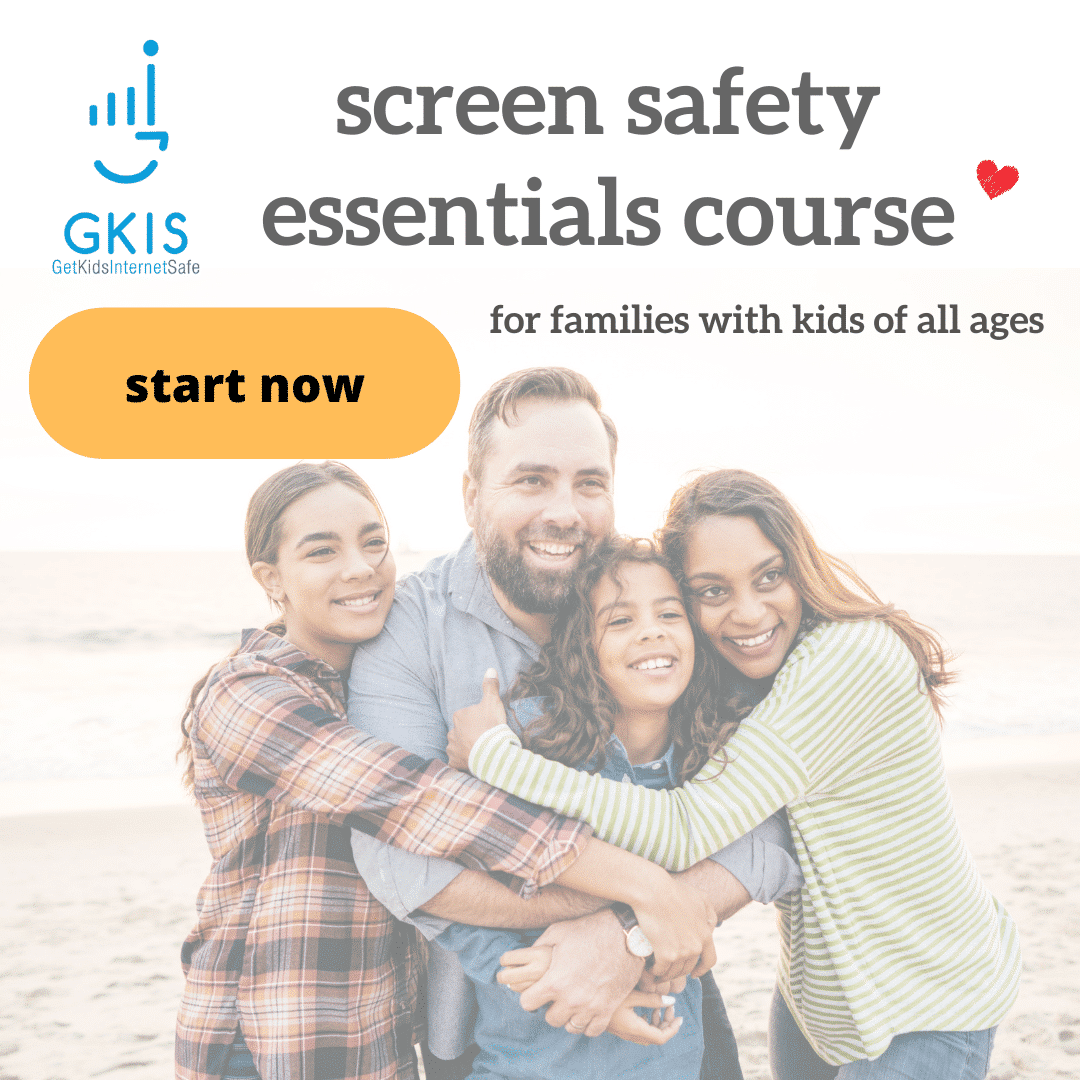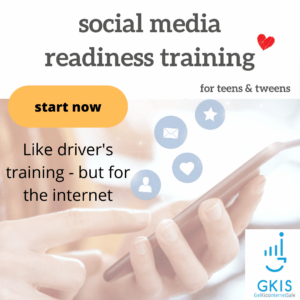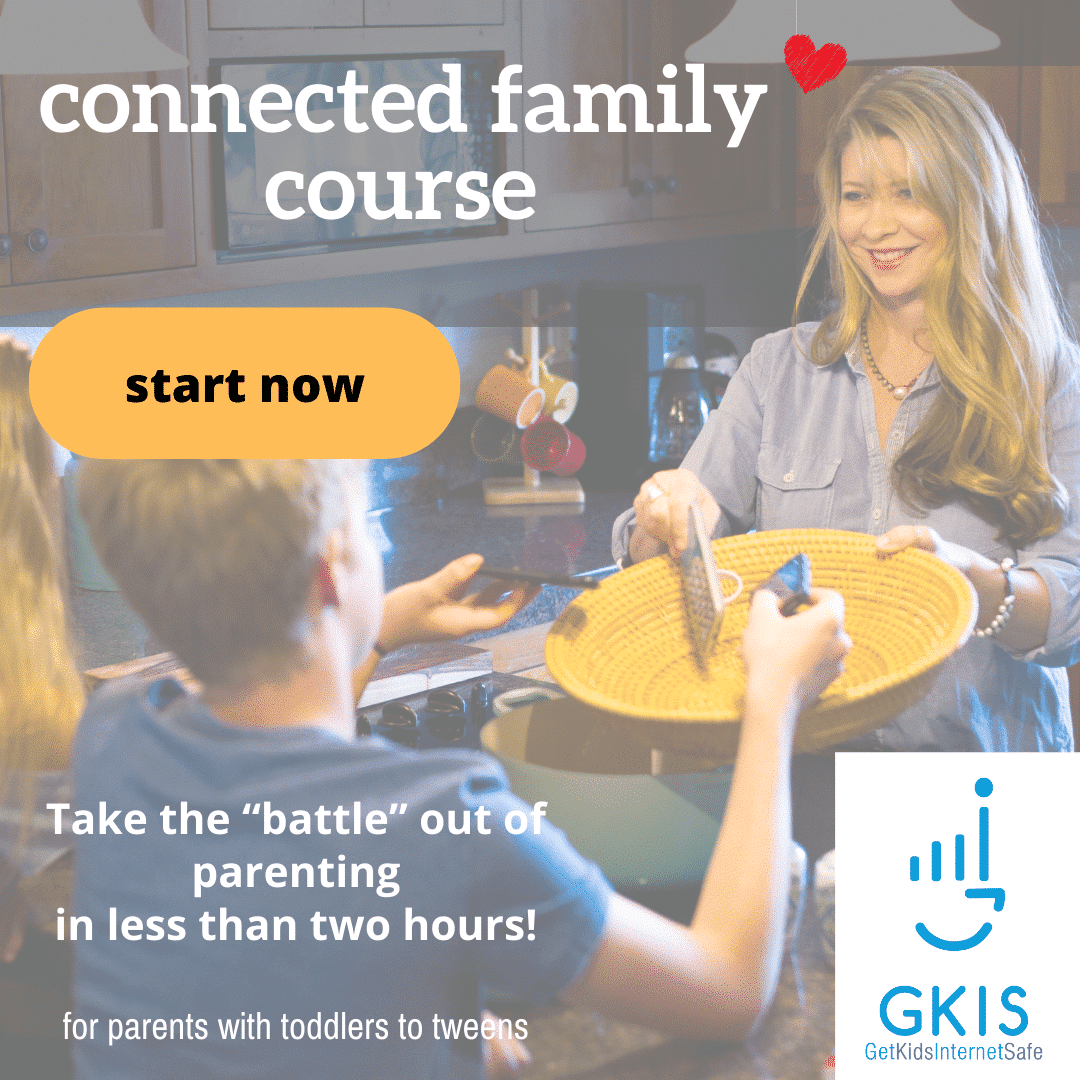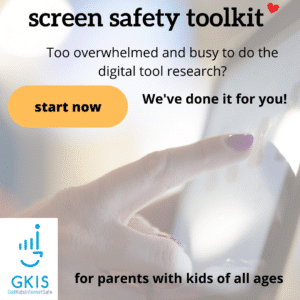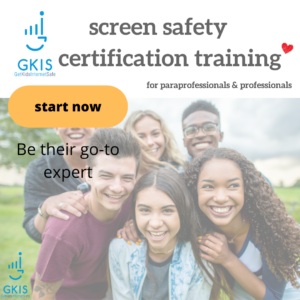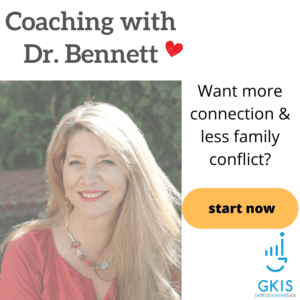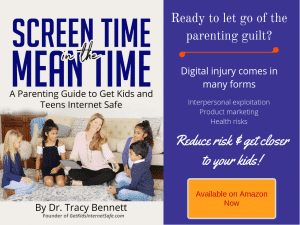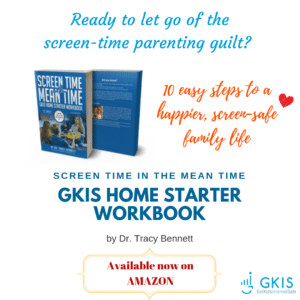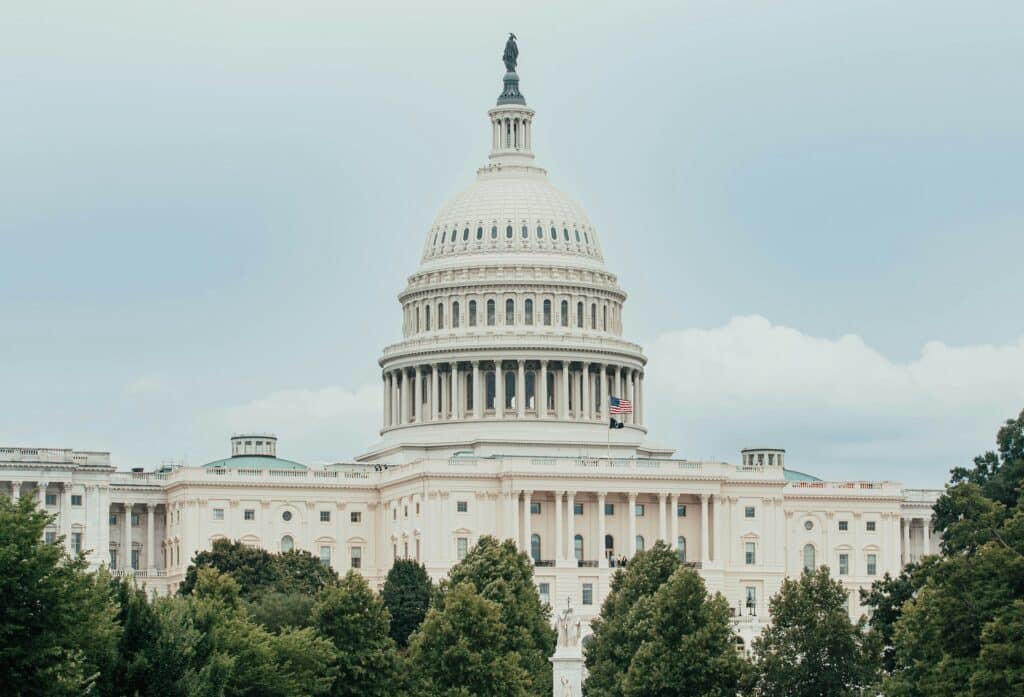
We detailed the descriptions of these bills in our previously published GKIS article, “California’s Newest Online Privacy Protections for Kids.”
The Children and Teens Online Privacy Protection Act
The Children and Teens Online Privacy Protection Act (COPPA 2.0) is legislation that also aims to strengthen minors’ online protections.[1] It would amend the original 1998 act and strengthen the online collection and disclosure of information of children up to the age of 16.[1]
The Kids Online Safety Act of 2022
The Kids Online Safety Act of 2022 (KOSA) is a kid’s online safety act that aims to empower both parents and children to have control over their online activity.[2] It would provide children and parents with the right tools and safeguards by requiring that social media platforms have protective options regarding algorithms, product features, and information.[2] KOSA would require social media platforms to have a duty to prevent harm to minors in its many forms.[2] The KOSA bill requires that non-profit organizations and academic researchers get access to data from social media platforms to conduct research regarding harm to the well-being and safety of minors.[5] This act applies to social media, social networks, multiplayer online video games, social messaging applications, and video streaming services.
Specifically, social media platforms will be required to:
- have the strongest safety settings for children set by default. That means better protection over their information, disabling the most addictive use features, and the ability to opt out of personalized algorithmic recommendations.
- Give parents new controls to spot harmful behavior and a dedicated channel to report it. That means parental controls are turned on by default for young children and as an option for teens. To protect minor privacy, platforms must notify them that parental controls are in place.
- Act on their duty to protect kids from harmful actors and content like those that can contribute to suicide, sexual exploitation, eating disorders, substance abuse, and ads for illegal products like THC, tobacco, and alcohol.
- Participate in independent audits and child and teens online safety research.[2]
Please keep in mind that this act:
- Requires social media platforms to avoid intentional nudges and reminders that move kids to harmful content, it does not block or censor internet content. Third parties can still share information that the social media platforms are not liable for and kids can still search for content that may be harmful to them.
- Although most social media platforms do ask for the date of birth of new users to profile and comply with the Children’s Online Privacy Protection Act (COPPA), this act does not require social media platforms to set up age-gating or age verification.
- Does not prevent kids from going online. But it does ask for safeguards and permissions for users under 13 years old in a similar way that COPPA does.
- Does not monitor user behavior, which would be a violation of privacy by itself.
- Does not impact personal websites or blogs.[2]
Social Media Readiness
Although these legislations are a step in the right direction, they still do not provide the education and problem-solving training that kids need to make safer decisions online. That is still left up to the schools and the parents. If you haven’t yet taken the step to help your kids learn the skills they need to better assure safety, check out our Social Media Readiness Courses. For the tween, we have a short and sweet online lesson (complete with mastery quizzes) that is at a fifth-grade reading level. This gets important family conversations started and teaches kids important skills for recognizing the dangers of digital injury and for implementing important psychological wellness tools. Our teen version goes more in-depth and takes far longer (also complete with mastery quizzes) and is at a tenth-grade reading level.
If you work with youth or families and want to improve your expertise in supporting their online safety, check out our GetKidsInternetSafe Screen Safety Certification Course!
I’m the mom psychologist who will help you GetKidsInternetSafe.
Onward to More Awesome Parenting,
Dr. Tracy S. Bennett, Ph.D.
Mom, Clinical Psychologist, CSUCI Adjunct Faculty
GetKidsInternetSafe.com
Works Cited
[1] FACT SHEET. — COPPA 2.0 https://www.commonsensemedia.org/sites/default/files/featured-content/files/coppa_2.0_one_pager_2021.pdf
[2] The Kids Online Safety Act of 2022 https://www.blumenthal.senate.gov/imo/media/doc/kids_online_safety_act_-_one_pager.pdf
Photo Credits
Photo by Connor Gan on Unsplash

